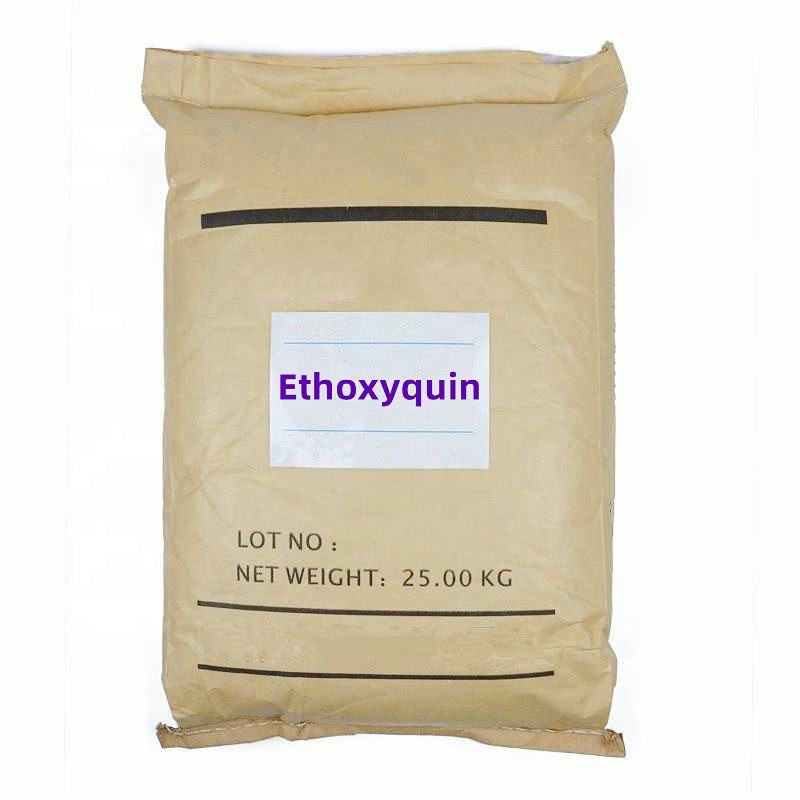NAFDAC Prohibits the Use of Ethoxyquin as an Antioxidant in Animal Feed

Regulatory Body Cites Health-Related Concerns in Animals and Humans
In a significant development, the National Agency for Food and Drug Administration and Control (NAFDAC) has taken a decisive step by banning the use of ethoxyquin as an antioxidant in feed for food-producing animals. NAFDAC’s Director General, Christianah Mojisola Adeyeye, made this pivotal announcement, underlining the organization’s commitment to safeguarding both animal and human health.
The decision to prohibit ethoxyquin stemmed from an extensive review of scientific evidence pointing to potential health-related issues associated with its use. Ethoxyquin, also known as EQ, scientifically referred to as 6-ethoxy-1, 2-dihydro-2, 2, 4-trimethylquinoline, has long been utilized in animal feed to prevent lipid peroxidation. This compound, although not authorized for direct use in human food, can indirectly find its way into the human diet through farmed fish, poultry, and eggs, posing potential risks to human health.
Adeyeye elucidated the issue further by explaining that lipid autooxidation is a cascading process that perpetually generates free radicals, initiating continuous peroxidation. The consequences of this phenomenon include food rancidity, characterized by altered taste, scent, color, and a reduced product shelf life.
Ethoxyquin’s paradox lies in its undeniable advantage as a feed antioxidant for domestic animals and fish. It boasts high antioxidant capacity and economical production costs. However, concerns have been raised by experts regarding its potential role in health-related problems, even in dogs and humans, such as a link to cancer.
In response to these apprehensions and to ensure the well-being of animals and humans alike, NAFDAC has made the crucial decision to ban the use of ethoxyquin in animal feed destined for food-producing animals.
This move underscores NAFDAC’s commitment to upholding safety standards and prioritizing public health. It also serves as a reminder of the critical role regulatory agencies play in continuously assessing and regulating substances that may impact the food supply chain, ensuring that the health and well-being of both animals and humans are protected.
As NAFDAC takes this progressive step, the organization signals its dedication to staying at the forefront of food and drug safety in Nigeria. This commitment ultimately serves the best interests of consumers and the nation’s agricultural and food production sectors.


